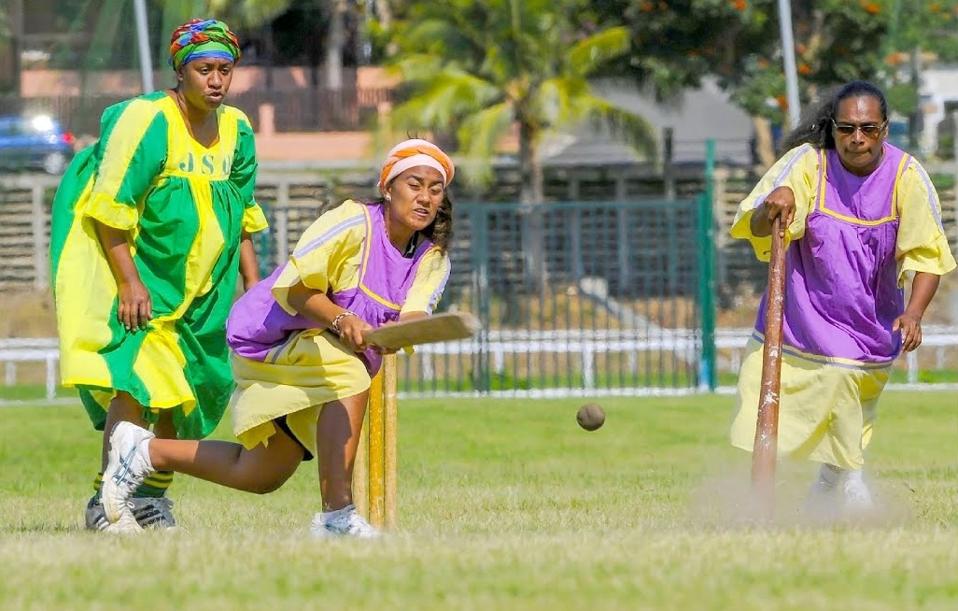It’s rare for news in Associate cricket – countries below the top 12 who receive more funds, fixtures and power – to go mainstream.
It happened in April last year, but for all the wrong reasons when the French women’s national team was disbanded after a France24 investigation alleged that France Cricket was faking women’s matches to get more funding from the International Cricket Council.
As I reported last month, the saga has prompted calls for a review of the Associate funding model.
After such a humiliating scandal, France Cricket has been left to pick up the pieces under the guidance of veteran administrator Gurumurthy Palani who was recently elected onto the International Cricket Council’s influential Chief Executives’ Committee.
Palani, fairly new to France Cricket, has provided a tonic and so too an ambitious project many miles away.
In an effort to promote women’s cricket in New Caledonia, a French territory in the South Pacific, the governing body has launched a “transformative” initiative it hopes will develop cricket across the region.
A registration campaign was rolled out across New Caledonia last year, with 1600 of the 2800 enrolled players being women.
Earlier this year, France organized the first women’s T20 International tournament in New Caledonia, comprising the hosts, Samoa, Vanuatu and Fiji. It is hoped to become an annual event, while educational programs focus on increasing the number of qualified female coaches, umpires and scorers.
Regular women competitions are hoped to spread across the region.
“This initiative represents a transition from informal cricket activity to a structured, inclusive and professionally governed ecosystem,” Palani told me. “Cricket is becoming a powerful vehicle for personal and professional development among women in New Caledonia.”
A new-look France national women’s team are looking to build a fresh squad and might just have a pipeline of players from New Caledonia, where legend has it that cricket was introduced in the 19th century by English missionaries.
A local bat and ball game similar to cricket has long been popular among the indigenous kanaks.
“This initiative has become a catalyst for gender equality and social inclusion in New
Caledonia,” Palani said. “It has not only connected Pacific nations through the spirit of sport but also laid a blueprint for how Associate members can drive meaningful, inclusive change.
“Cricket is now playing a pivotal role in transforming the lives of women in New Caledonia, both on-and-off the field.”
Palani looms as an emerging figure in world cricket after his ascension on the CEC having unsuccessfully ran for a spot on the all-powerful ICC board last year. He arrives at a time of significant change for the ICC after Indians Jay Shah and Sanjog Gupta took the leadership reins.
There are a number of pressing issues that Palani and his colleagues will have to contend with for the Associates, a collection of 98 smaller cricket nations who only receive about 11 per cent of the ICC’s revenue distribution model.
“Sanjog is very hands on and has a lot of fresh ideas, while Jay Shah is committed to growing Associate cricket and he is quite inspiring,” Palani said. “I’m quite excited to be part of the CEC because I feel it is the right timing.
“There are a lot of development opportunities for the Associates and also from commercialization and monetization perspectives.
“I believe Associates are the driving force behind cricket’s global expansion, an especially exciting time with cricket in the Los Angeles Olympics.”
“It is vital to strengthen pathways and grassroots like what we’re doing in New Caledonia and the pacific region.”

